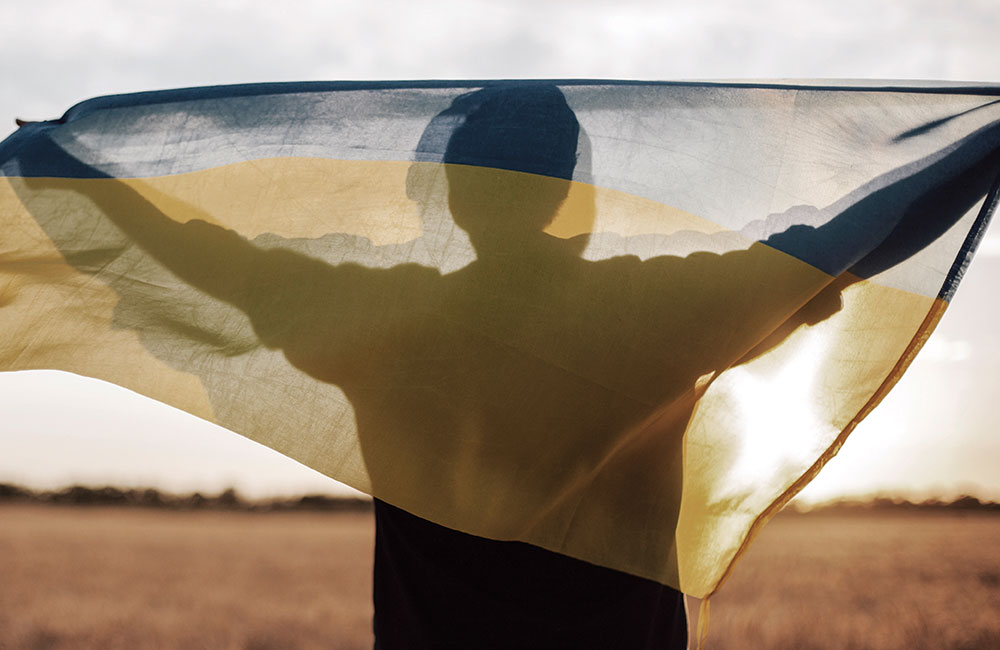A decades-long tradition of increasingly free trade, with a minimum of barriers, has run into a wall of public indignation over the war in Ukraine, pushing many companies to take another look at their involvement with business in Russia.
Some businesses with ties to Russia are staying the course, at least for now. Reasons include a reluctance to abandon Russian employees and customers, the fear of losing access to the Russian market, and concerns over the complexities of abruptly shutting down large business operations.
But as of June 2022, almost 1,000 companies have curtailed operations in Russia, according to the Yale Chief Executive Leadership Institute. Nestlé and Uniqlo, for example, initially planned to continue operations but reversed course after public pressure, largely through social media.
Other companies have taken a variety of actions, as these examples from consumer goods and retail companies demonstrate.
Some are scaling back operations.
- Kraft Heinz has suspended new investments in Russia, as well as Russian imports and exports. It also supports relief efforts related to the humanitarian crisis.
- Coca-Cola and PepsiCo suspended some, but not all, business in Russia.
Some are suspending operations.
- London-based spirits company Diageo suspended exports to Russia and the manufacturing of beers brewed locally by third parties.
- In recent years, Ford had significantly wound down its Russian operations, but now it has suspended them entirely. It also has supported aid to Ukrainian citizens.
Some have withdrawn.
- Germany’s Horst Brandstätter Group has stopped supplying Playmobil and Lechuza products to Russia.
- After more than 30 years in Russia, McDonald’s is exiting the Russian
market and selling its portfolio of restaurants there.
What factors should an organization consider when deciding whether to boycott a bad national actor? Consider the following:
- If you boycott one nation, how will you respond to moral concerns in other nations?
- Which stakeholders are you addressing through your decision? Owners? Customers? Employees? How will you address their conflicting concerns?
- If you join a boycott, what factors will help you decide when to end it?
- If you decide not to boycott, how will you overcome the logistical and financial challenges if the target of the boycott decouples from the world economy?
As challenging as these decisions can be, getting it right has its rewards. According to the Yale School of Management, markets have rewarded companies that have left Russia, and these equity gains far outweigh the cost of leaving and writing down the value of Russian assets. Indeed, it has paid for companies to leave Russia.
This article appeared in the Summer 2022 issue of Insigniam Quarterly with the headline “Ticker: Should I Stay or Should I Go?.” To begin receiving IQ, go here.






